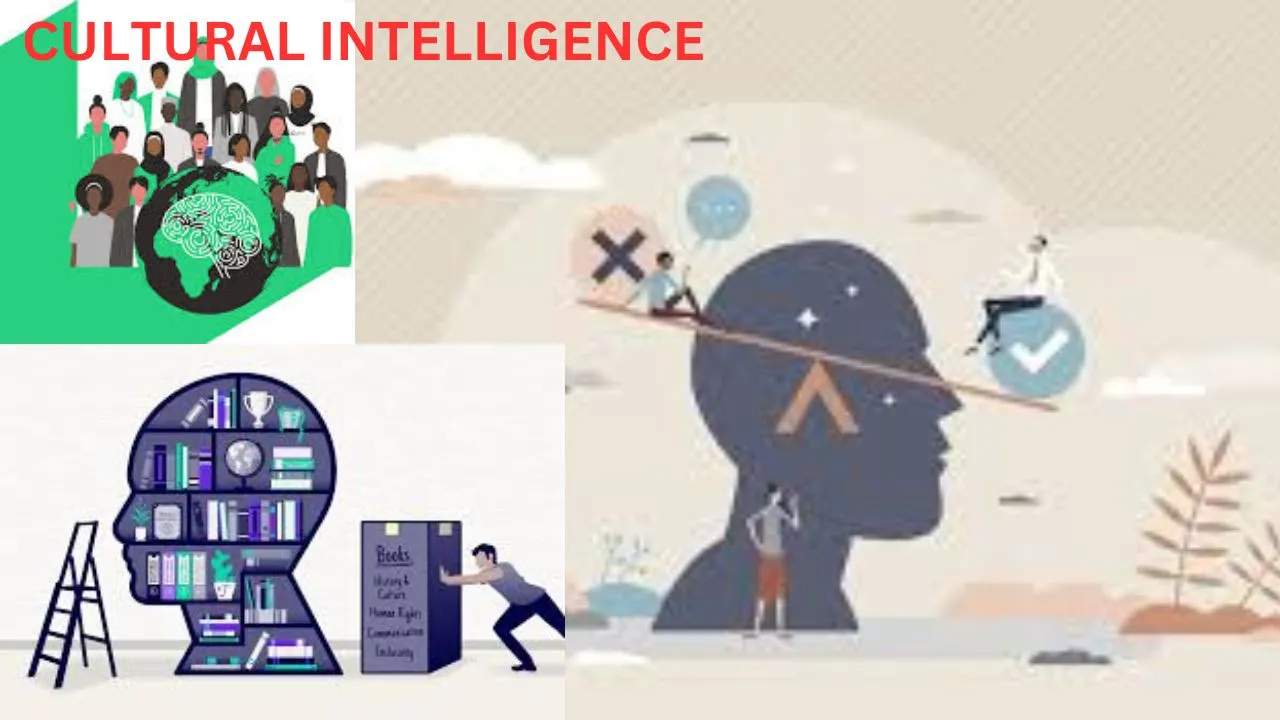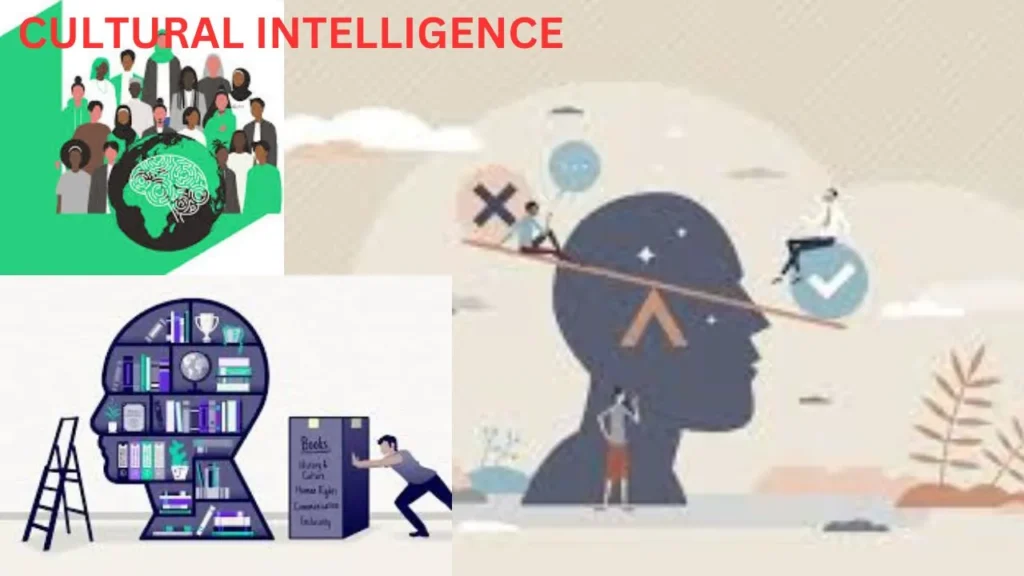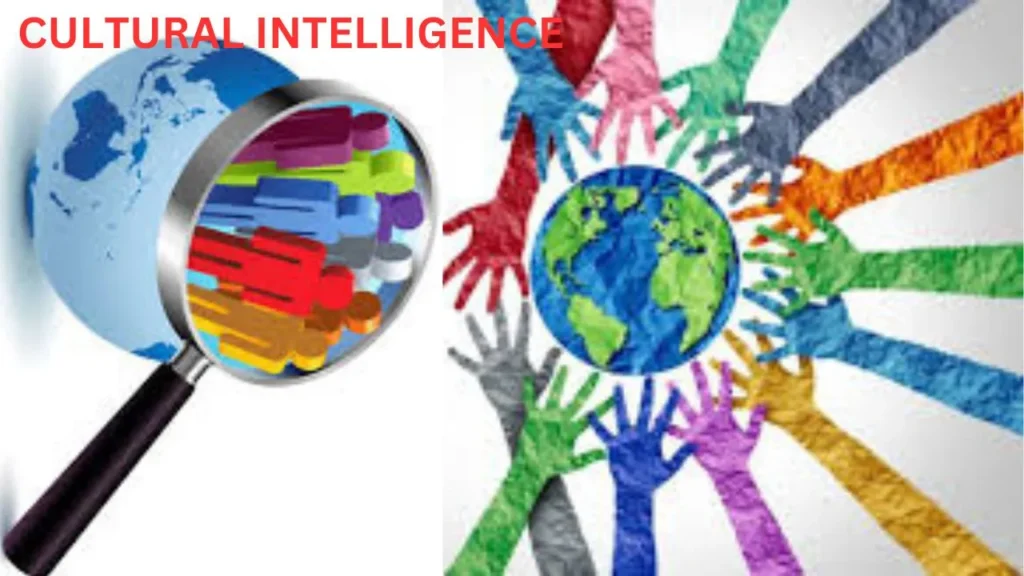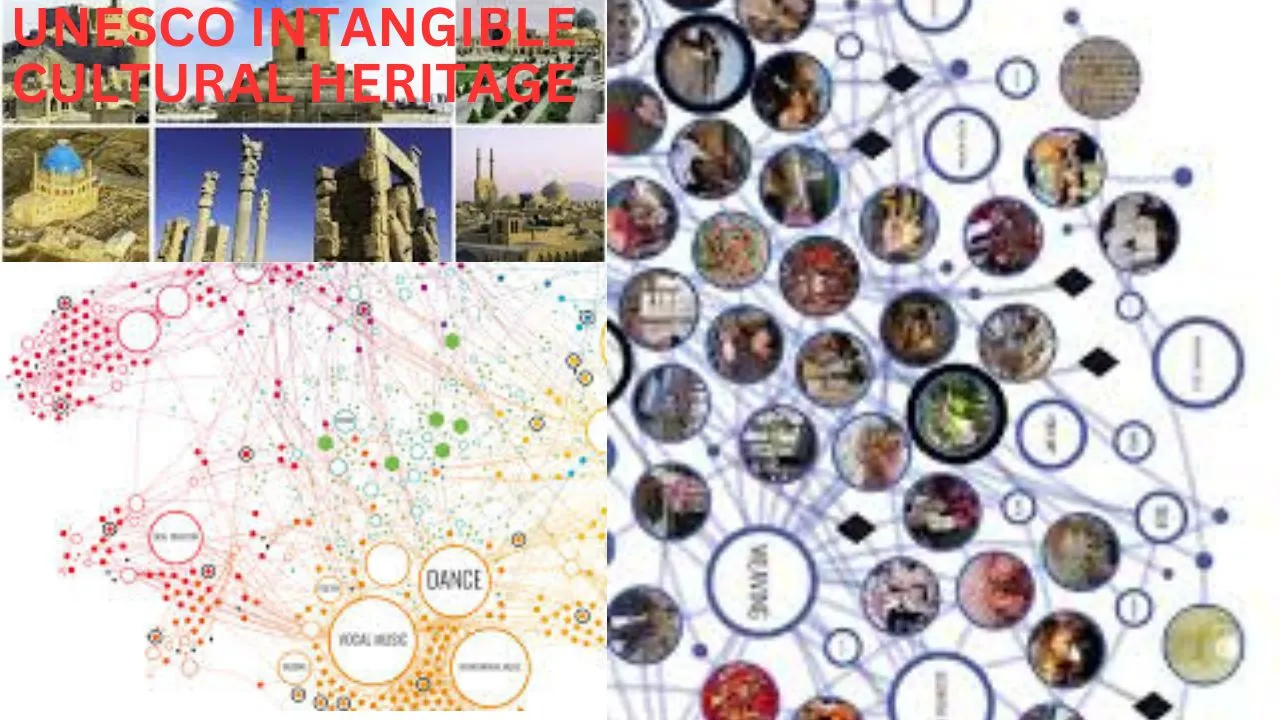
cultural intelligence
Admin
- 0
In today’s globalized world, cultural intelligence plays a crucial role in fostering effective interactions among people from diverse backgrounds. It involves the ability to understand, appreciate, and adapt to different cultures, ultimately leading to successful cross-cultural encounters. This article will delve into the various aspects of cultural intelligence, including its scale, theory, examples, meaning, key components, workplace implications, and more.
cultural intelligence scale
- Measuring cultural intelligence is a complex task. Researchers have developed scales to assess an individual’s level of cultural intelligence, taking into account their cognitive, motivational, and behavioral capabilities in cross-cultural situations. These scales often include multiple dimensions, such as knowledge of different cultures, cultural sensitivity, and the ability to adapt to cultural contexts.
- One key aspect of cultural intelligence is the ability to effectively navigate and communicate in diverse cultural settings. This involves not only understanding the customs and traditions of different cultures but also being able to interpret nonverbal cues and adapt communication styles accordingly. Individuals with high cultural intelligence can easily build rapport with people from different backgrounds and establish trust and mutual respect.
- Furthermore, cultural intelligence goes beyond just surface-level knowledge of different cultures. It also involves having a deep understanding of the historical, social, and political factors that shape cultural norms and behaviors. This awareness allows individuals to approach cross-cultural interactions with empathy and open-mindedness, fostering meaningful connections and collaborations across borders.
cultural intelligence theory
The theory of cultural intelligence proposes that individuals possess varying degrees of cultural intelligence, which can be developed and enhanced through learning and experience. This theory emphasizes the importance of both cognitive and emotional intelligence in understanding and navigating diverse cultural environments.
One key aspect of cultural intelligence is the ability to adapt to different cultural norms and practices. This involves not only being aware of cultural differences but also being able to adjust one’s behavior and communication style accordingly. For example, someone with high cultural intelligence may be able to seamlessly transition between different cultural contexts, showing respect and understanding for each unique setting.

Furthermore, cultural intelligence is not just about individual skills but also about the ability to work effectively in multicultural teams and organizations. In today’s globalized world, being able to collaborate with people from diverse backgrounds is a valuable skill. Cultural intelligence theory highlights the importance of building strong relationships across cultures, fostering trust and mutual respect among team members regardless of their cultural differences.
cultural intelligence examples
Examples of cultural intelligence abound in our daily lives. Imagine a business executive successfully negotiating a deal with a client from a different culture by understanding their customs and communication style. Or an international student adapting seamlessly to a new academic environment by embracing the cultural norms and practices of their host country. These real-life instances exemplify the practical application of cultural intelligence.
Furthermore, consider the scenario of a tourist traveling to a foreign country and effortlessly immersing themselves in the local traditions, language, and cuisine. By demonstrating respect for the host culture and showing a willingness to learn and adapt, the tourist showcases a high level of cultural intelligence. This adaptability not only enhances their travel experience but also fosters positive interactions with the local community.
cultural intelligence meaning
Cultural intelligence goes beyond mere tolerance or awareness of different cultures. It encompasses a deep understanding and appreciation of cultural differences, allowing individuals to interact respectfully and effectively. It involves acknowledging that different cultures have unique perspectives, values, and behaviors, and being able to adapt one’s own behaviors accordingly.
Developing cultural intelligence involves a combination of knowledge, mindfulness, and skills. Knowledge includes learning about different cultural norms, traditions, and communication styles. Mindfulness is the ability to be present and open-minded when interacting with individuals from diverse backgrounds. Skills such as empathy, communication, and adaptability are crucial for effectively navigating cross-cultural interactions.
Furthermore, cultural intelligence is not only beneficial on a personal level but also in professional settings. In today’s globalized world, businesses are increasingly operating on an international scale, requiring employees to work with colleagues, clients, and partners from various cultural backgrounds. Individuals with high cultural intelligence are better equipped to build strong relationships, negotiate effectively, and collaborate successfully across cultures, ultimately contributing to the success of their organizations.
Key Components of Cultural Intelligence
There are several key components that contribute to cultural intelligence
Cognitive
This component involves acquiring knowledge and understanding about different cultures, including their histories, traditions, values, and beliefs. It also encompasses the ability to analyze and interpret cultural cues and contexts.
Motivational
Motivational cultural intelligence involves having the curiosity and interest to engage with different cultures. It includes the willingness to challenge one’s assumptions and to learn from others, as well as a belief in the value of diversity and multiculturalism.
Behavioral
Behavioral cultural intelligence encompasses the ability to adapt one’s verbal and non-verbal communication, attitudes, and behaviors to fit the cultural context. It involves demonstrating empathy, flexibility, and respect in cross-cultural interactions.
Expanding on the cognitive component, developing cultural intelligence in this area involves not only learning about different cultures but also recognizing the complexities and nuances within each culture. It requires individuals to go beyond surface-level knowledge and delve into the historical, social, and political factors that shape a culture’s identity.
Furthermore, understanding the impact of globalization and how it influences cultural interactions is crucial in enhancing cognitive cultural intelligence.In addition to motivational cultural intelligence, fostering a genuine appreciation for diversity is essential.
This goes beyond mere tolerance and involves actively seeking out opportunities to engage with individuals from diverse backgrounds. Embracing cultural differences not only enriches personal experiences but also contributes to building inclusive and harmonious communities.
Moreover, recognizing and challenging one’s own biases and prejudices is a fundamental aspect of developing motivational cultural intelligence. It requires individuals to reflect on their beliefs and behaviors, fostering a mindset of openness and curiosity towards unfamiliar cultures.

Cultural Intelligence in the Workplace
- Cultural intelligence is particularly critical in today’s globalized workplaces, where individuals from various cultural backgrounds collaborate and interact. Employees with high cultural intelligence can navigate multicultural teams more effectively, build stronger relationships, and bridge cultural gaps. They are also better equipped to understand the needs and preferences of culturally diverse customers and stakeholders, enabling organizations to thrive in international markets.
- Furthermore, cultural intelligence goes beyond just surface-level understanding of different customs and traditions. It involves a deep appreciation and respect for diverse perspectives, values, and communication styles. This level of awareness allows individuals to adapt their behavior and decision-making processes in a way that is sensitive to the cultural nuances of those around them. By fostering a culture of cultural intelligence within an organization, companies can create a more inclusive and harmonious work environment where all employees feel valued and respected.
- In addition, research has shown that teams with high cultural intelligence tend to be more innovative and creative in their problem-solving approaches. This is because diverse perspectives often lead to a broader range of ideas and solutions being considered. By embracing cultural intelligence in the workplace, organizations can harness the full potential of their workforce and drive greater levels of success in an increasingly interconnected global economy.
What is the theory of cultural intelligence?
The theory of cultural intelligence posits that individuals can develop their cultural intelligence through learning, training, and exposure to diverse cultural environments. The theory suggests that cultural intelligence is not fixed but can be enhanced over time. This implies that anyone, regardless of their starting point, can increase their cultural intelligence through intentional efforts to deepen their understanding and appreciation of different cultures.
Why is culture important in intelligence?
Culture plays an integral role in intelligence because it shapes the way people think, perceive, and behave. Understanding cultural norms, values, and communication styles is crucial for effective cross-cultural interactions. Cultural intelligence allows individuals to navigate cultural complexities, reducing misunderstandings and conflicts while promoting collaboration and mutual respect.
What are the sources of cultural intelligence?
Cultural intelligence can be developed through various sources:
- Education and Training: Learning about different cultures through formal education, cultural competence training, and language courses can significantly enhance cultural intelligence.
- Travel and Immersion: Immersing oneself in different cultural environments through travel, study abroad programs, or living in multicultural communities provides firsthand experiences that help develop cultural intelligence.
- Global Networking: Building relationships with individuals from diverse cultural backgrounds can expose individuals to different perspectives and broaden their cultural knowledge.
- Cross-Cultural Experiences: Engaging in cross-cultural interactions, such as working with international colleagues, volunteering in multicultural organizations, or participating in cultural exchange programs, can foster cultural intelligence.
Who needs cultural intelligence?
Everyone can benefit from developing cultural intelligence, as cultural interactions are now an integral part of both personal and professional lives. Individuals working in multicultural teams, international business professionals, educators teaching diverse students, and individuals in customer-facing roles are among those who particularly benefit from cultivating cultural intelligence skills.
In conclusion
, understanding and embracing cultural intelligence is crucial in today’s diverse and interconnected world. By developing cultural intelligence, individuals can navigate cultural complexities, foster effective cross-cultural interactions, and build bridges across diverse communities. With awareness, knowledge, and adaptability, cultural intelligence empowers individuals to thrive in an increasingly globalized society.

